Rules and manners
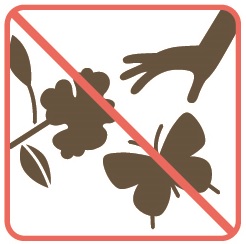
Do not collect plants or insects
There are many endangered species among the wildlife of Yambaru. Picking plants and catching insects can have a major impact too. You should not think, “It’s OK, it’s only me.”
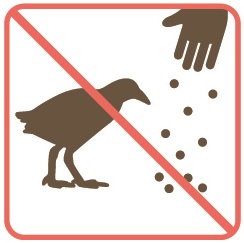
Do not feed wild animals
Wild animals survive on their own. We must not upset the overall natural balance of Yambaru.
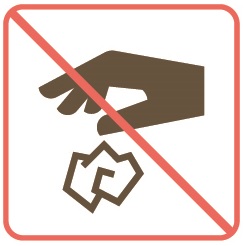
Do not litter
Littering and illegal dumping have become a serious problem in the forests, rivers, and beaches of Yambaru. Always take your trash home with you.
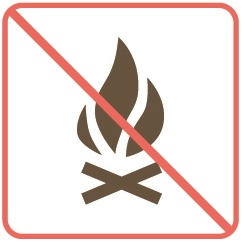
Do not light fires outside campgrounds
To prevent wildfires and damage to vegetation, do not light fires except in campgrounds (Yambaru Learning Forest, Kunigami Forest Park, Hiji Waterfall Campground).
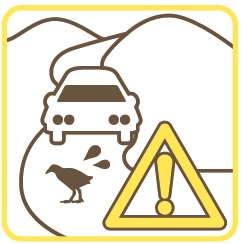
Drive in an animal-friendly manner
In Yambaru, many animals can be seen on the roads. Drive in a way that is friendly to people, nature, and living things.
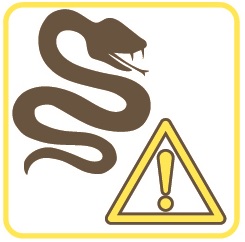
Beware of habu and other dangerous living things
The most dangerous are habu. There are plants that give you a rash if you touch them, and there are animals that are poisonous, so don’t touch or get too close to them.
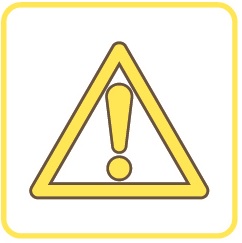
Do not bring in invasive species
Abandoned pets such as dogs and cats, and plant seeds on people’s shoes, backpacks, or clothes are a threat to the wildlife of Yambaru. Be careful not to bring any of these in yourself.
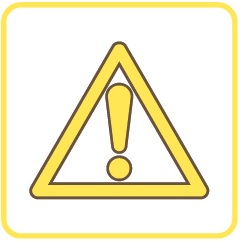
Do not enter villages or shrines
The villages where Okinawa’s unique culture can be seen are also places where the local people live. There are also holy places including sacred spotsand shrines. Do not enter any of these without permission.

